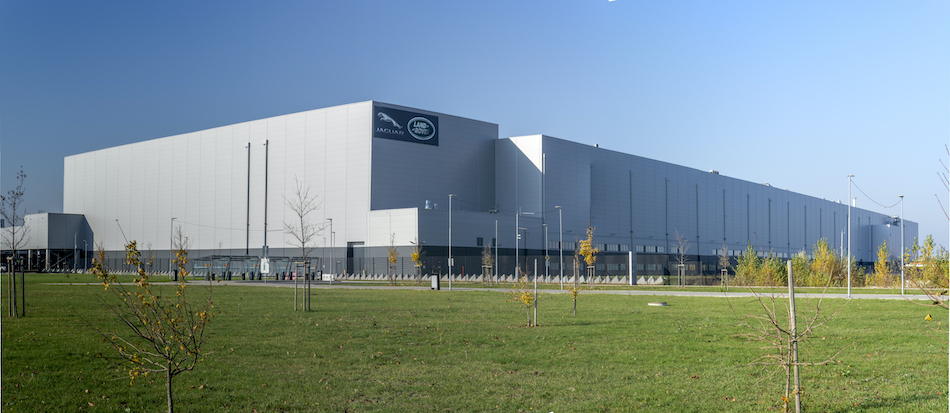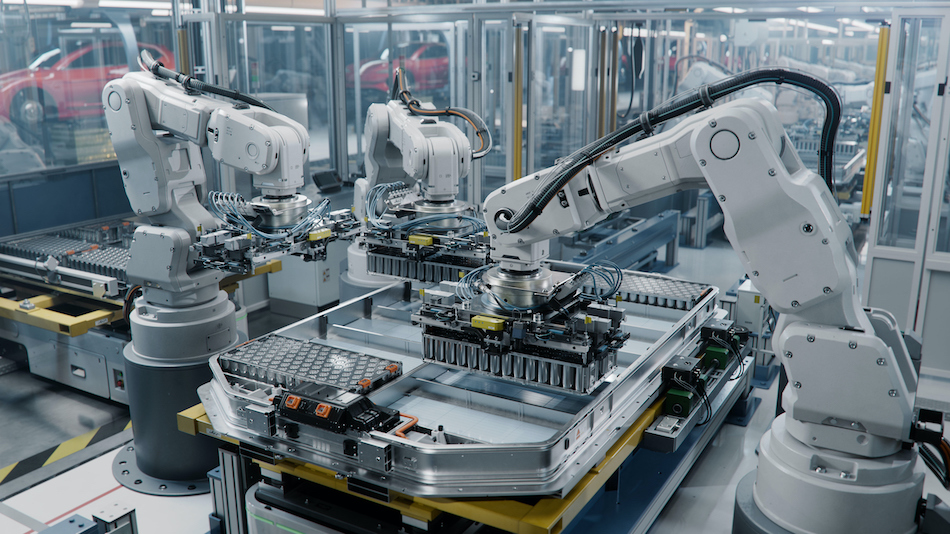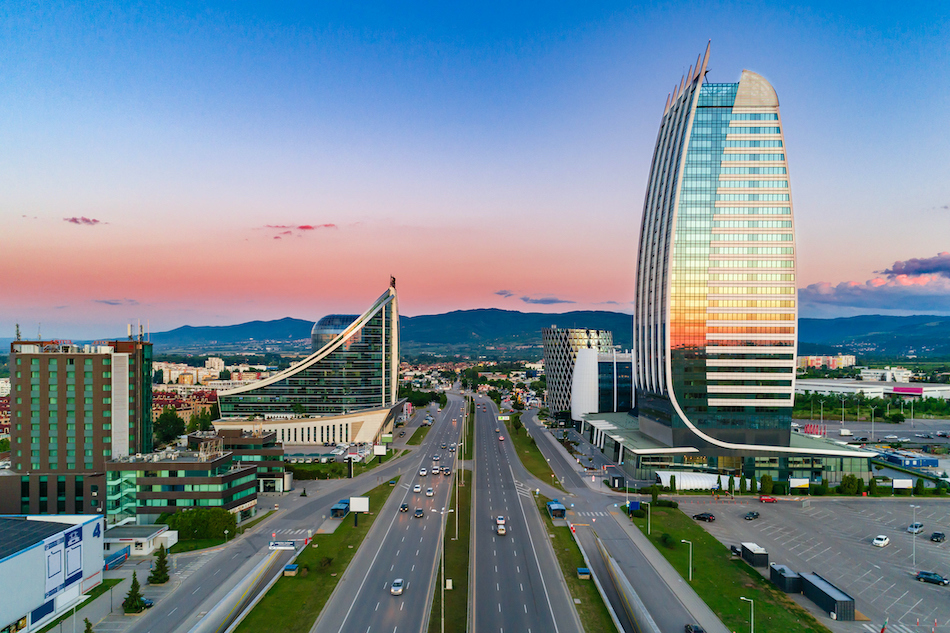Eastern Europe’s FDI Credentials: A Pan-Regional Renaissance
Once written off as a low-wage, low-margin outpost of Europe, Eastern Europe has quietly become one of the continent’s most compelling destinations for Foreign Direct Investment (FDI).
Three decades after the fall of the Iron Curtain and the eastward expansion of the European Union, the region is experiencing a renaissance that goes beyond the factory floor. With talent-rich cities, cost-competitive environments, and fast-growing innovation ecosystems, countries from Poland to Bulgaria are now attracting capital in industries as varied as AI, green energy, automotive manufacturing, and precision engineering. What began as a quest for efficiency has evolved into a blueprint for next-generation growth. As the global economy recalibrates around resilience, nearshoring, and digital transformation, Eastern Europe is seizing the moment.
Foreign Direct Investment (FDI) has been instrumental in reshaping Eastern Europe since the fall of communism and the subsequent integration of many of its countries into the European Union. Today, a new narrative is emerging: one that positions the region not just as a low-cost manufacturing base, but as a hub for innovation, industrial excellence, and cross-sectoral economic growth. With a highly educated workforce, competitive cost structures, strategic access to both EU and non-EU markets, and strong government incentives, Eastern Europe is increasingly seen as a magnet for global capital.
“In a multipolar world economy, Eastern Europe’s blend of cost-efficiency and talent density is a rare advantage.”
While Katowice (Poland), Nitra (Slovakia), and Cluj-Napoca (Romania) are often cited as FDI standouts, other cities such as Brno (Czech Republic), Debrecen (Hungary), and Sofia (Bulgaria) are also redefining the investment landscape.
Katowice, Poland: A Thriving Industrial and Business Hub
Once a gritty coal and steel city, Katowice has engineered an impressive economic transformation. Located in the industrial heartland of Upper Silesia, Katowice has evolved into a diversified economy driven by logistics, IT, and advanced manufacturing. The Katowice Special Economic Zone (KSEZ) remains one of the most effective in Europe, offering tax breaks and streamlined bureaucracy. The presence of IBM, Fujitsu, and Capgemini illustrates the city’s growing clout in the tech sector, supported by a strong academic pipeline from institutions such as the Silesian University of Technology.
Nitra, Slovakia: Automotive Powerhouse in the Making
Nitra has rapidly become a cornerstone of Slovakia’s thriving automotive industry. The arrival of Jaguar Land Rover’s plant sparked a chain reaction, pulling in dozens of suppliers and sparking a regional employment boom. With direct motorway access to Vienna, Budapest, and Prague, and supported by favourable government subsidies, Nitra combines logistical connectivity with policy stability. The focus remains firmly on automotive and heavy machinery, but increasing investment in automation and industrial R&D is diversifying the region’s industrial profile.

Cluj-Napoca, Romania: Tech Ambitions with European Reach
With a moniker like the “Silicon Valley of Eastern Europe,” Cluj-Napoca has ambitious digital aspirations—and the results to show for it. Its software ecosystem is dense, vibrant, and export-driven, hosting multinationals and homegrown startups alike. Backed by the academic muscle of Babeș-Bolyai University, Cluj is not only retaining its talent, but increasingly drawing in regional and international professionals. Investment in AI, FinTech, and cybersecurity is expanding, and EU-backed infrastructure projects promise to further entrench the city’s digital dominance.

Brno, Czech Republic: Precision Manufacturing and R&D
Often overlooked in favour of Prague, Brno has quietly established itself as a centre of advanced manufacturing and research. Home to technology parks and institutions such as CEITEC, the city draws FDI in semiconductors, automation, and life sciences. Multinationals including Honeywell and Thermo Fisher Scientific have set up R&D operations here, benefiting from the city’s deep engineering talent and cooperative government schemes.

Debrecen, Hungary: New Epicentre of Industrial Growth
Debrecen is arguably Hungary’s fastest-growing regional city, propelled by massive investment in automotive and battery production. BMW’s upcoming factory and related suppliers are transforming the city into a hub for electric vehicle (EV) manufacturing. Its universities are aligning curricula with investor demand, producing engineering and tech graduates to feed the pipeline. Industrial real estate, logistics parks, and export zones are mushrooming across the city’s outskirts.

Sofia, Bulgaria: Emerging Technology and Outsourcing Centre
As the capital of Bulgaria, Sofia is a vital bridge between the EU and Southeast Europe. With a strong foundation in IT and business process outsourcing (BPO), it has become a destination for international service centres and back-office operations. The city benefits from some of the lowest operating costs in the EU and a young, multilingual workforce. Beyond services, growing investment in fintech and green energy is pointing to an increasingly diversified FDI profile.

Core Industries Driving Eastern Europe’s FDI Appeal
Across the region, several sectors stand out as FDI magnets:
- Automotive Manufacturing: Slovakia, Hungary, and Poland continue to attract leading OEMs and suppliers.
- IT & Software Development: Romania, Bulgaria, and the Czech Republic are expanding rapidly into AI, cybersecurity, and outsourcing.
- Advanced Manufacturing: Precision engineering and R&D are thriving in Poland, the Czech Republic, and Hungary.
- Green Energy & Sustainability: EU carbon targets are catalyzing investments in solar, battery storage, and electric mobility across the region.
- Logistics & Distribution: With proximity to Western Europe, strong infrastructure, and intermodal hubs, countries like Slovakia and Hungary are key players in European supply chains.
Eastern Europe is no longer merely a cost arbitrage play. It is fast becoming a strategic base for global industries seeking talent, innovation, and competitive advantage. In a multipolar economic world, the region’s agility and resilience may prove to be its greatest assets.

